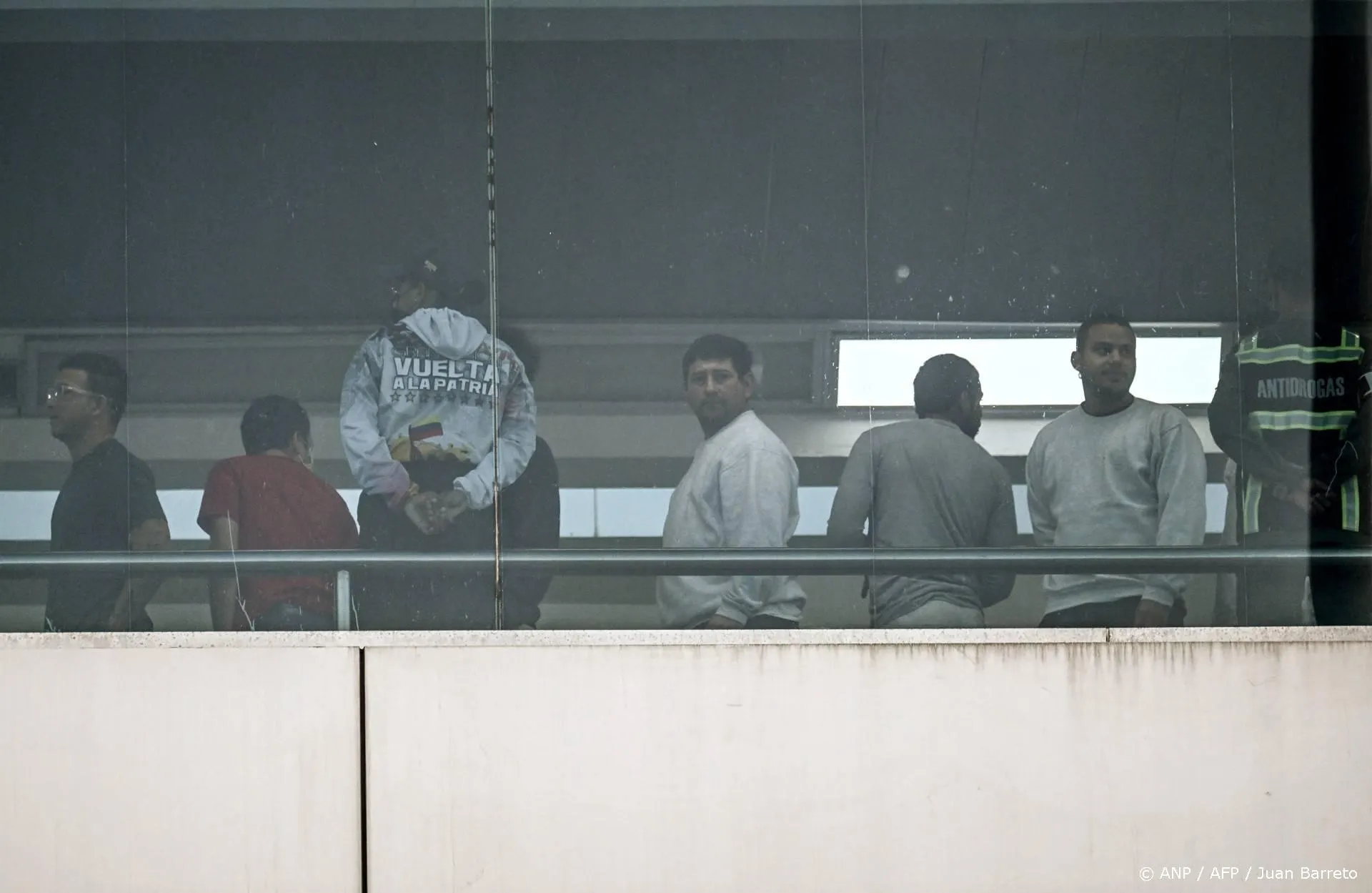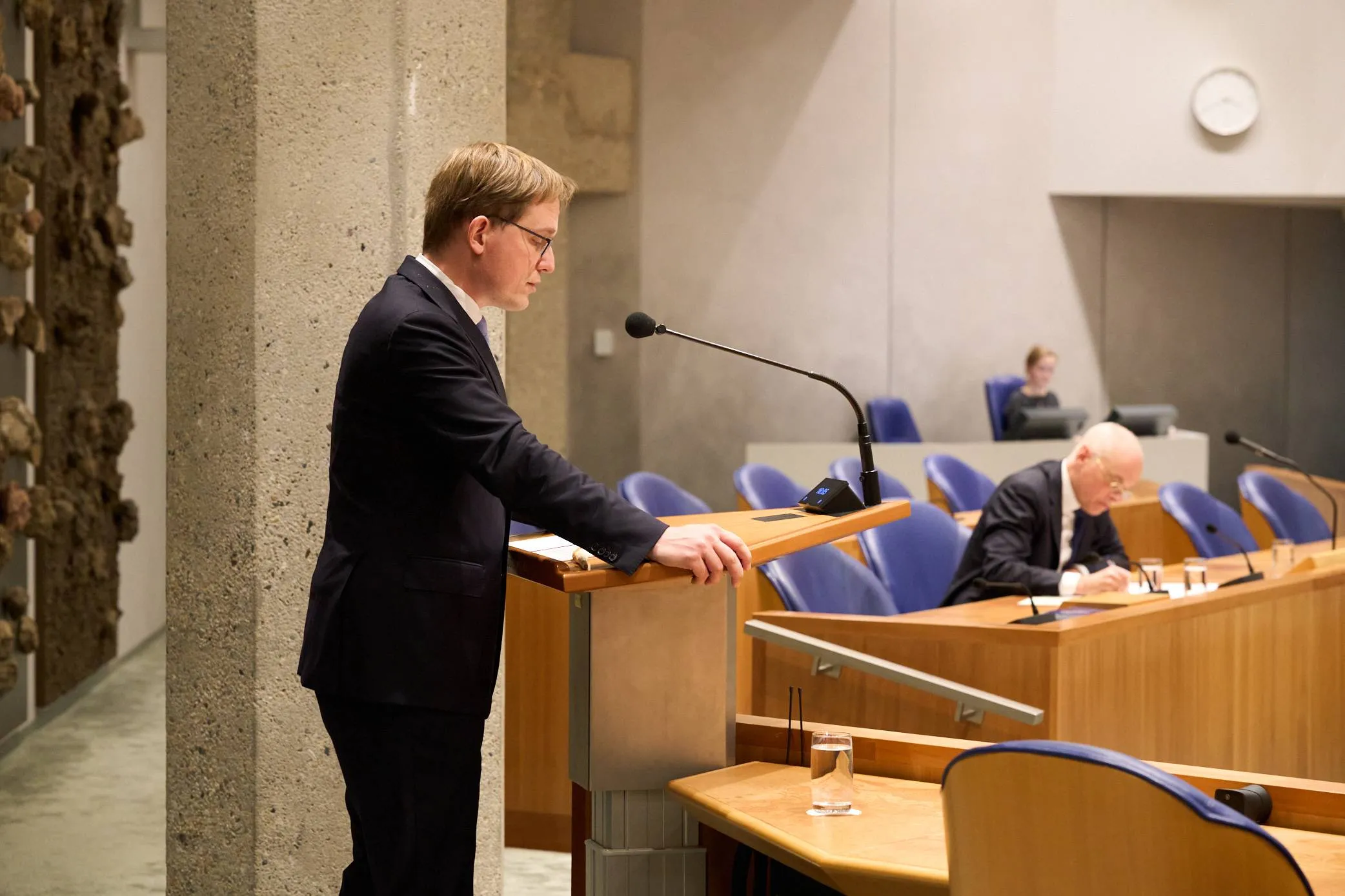Beleids-geïnduceerde ontwrichting van de elektriciteitsmarkt treft ook pensioenfondsen
Rode Kruis bereidt zich voor op voedselhulp in GrootBrittannië om nood als gevolg van energiearmoede te verlichten.
Eerder schreef ik dat de rampzalige gevolgen van het klimaat/energiebeleid nu geleidelijk zichtbaar worden. Elektriciteitsbedrijven, energieintensieve industrie en consumenten worden hierdoor het zwaarst getroffen. Tegelijkertijd vindt er een onvoorstelbare kapitaalvernietiging plaats. Gedurende de laatste jaren is de beurswaarde van de elektriciteitsbedrijven met zo'n 500 miljard gedaald.
Onder de titel, 'How to lose half a trillion euros. Europes electricity providers face an existential threat', schreef 'The Economist' een uitzonderlijk lang en doorwrocht artikel. Ik pik er wat citaten uit.
On June 16th something very peculiar happened in Germanys electricity market. The wholesale price of electricity fell to minus 100 per megawatt hour (MWh). That is, generating companies were having to pay the managers of the grid to take their electricity. It was a bright, breezy Sunday. Demand was low. Between 2pm and 3pm, solar and wind generators produced 28.9 gigawatts (GW) of power, more than half the total. The grid at that time could not cope with more than 45GW without becoming unstable. At the peak, total generation was over 51GW; so prices went negative to encourage cutbacks and protect the grid from overloading.
The trouble is that power plants using nuclear fuel or brown coal are designed to run full blast and cannot easily reduce production, whereas the extra energy from solar and wind power is free. So the burden of adjustment fell on gas-fired and hard-coal power plants, whose output plummeted to only about 10% of capacity.
These events were a microcosm of the changes affecting all places where renewable sources of energy are becoming more importantEurope as a whole and Germany in particular. To environmentalists these changes are a story of triumph. Renewable, low-carbon energy accounts for an ever-greater share of production. It is helping push wholesale electricity prices down, and could one day lead to big reductions in greenhouse-gas emissions. For established utilities, though, this is a disaster. Their gas plants are being shouldered aside by renewable-energy sources. They are losing money on electricity generation. They worry that the growth of solar and wind power is destabilising the grid, and may lead to blackouts or brownouts. And they point out that you cannot run a normal business, in which customers pay for services according to how much they consume, if prices go negative. In short, they argue, the growth of renewable energy is undermining established utilities and replacing them with something less reliable and much more expensive.
The decline of Europes utilities has certainly been startling. At their peak in 2008, the top 20 energy utilities were worth roughly 1 trillion ($1.3 trillion). Now they are worth less than half that (...). Since September 2008, utilities have been the worst-performing sector in the Morgan Stanley index of global share prices. .
... utilities have suffered vast losses in asset valuation. Their market capitalisation has fallen over 500 billion in five years. That is more than European bank shares lost in the same period. These losses matter in their own right. For pension funds and other investors, they represent lost capital and lower future earnings. For employees, they translate into lower wages and lost jobs. The lossesmany of which predate the boom in renewable energyhave come on top of the huge sums Europeans have also spent on climate-change policies. Subsidies for renewable energy are running at 16 billion a year in Germany (and rising); the cumulative cost is around 60 billion.
Next, utilities have lost their investment role. Once they were steady, reliable and inflation-resistant, the US Treasuries of the equity markets. Pension funds need such assets to balance their long-term liabilities. But utilities no longer play this role, as evinced not just by collapsing share prices but by dividend policies. Until 2008 the yields of RWE and E.ON tracked German ten-year bonds. Since then, they have soared to around 10%, while government-bond yields have stayed flat. Renewables are not the only risky energy investment. ...
So far, it is true, they have managed to provide backup capacity and the grid has not failed, even in solar- and wind-mad Germany.
But as the price swings in Germany show, it is getting harder to maintain grid stability. Utilities are not rewarded for offsetting the variable nature of wind and solar power. Instead, they are shifting out of electricity generation. And this is happening at a time when renewable energy supplies, on average, 22% of Germanys electricity demand. No one really knows what will happen when renewables reach 35% of the market, as government policy requires in 2020, let alone if they reach the national target of 80% in 2050. Almost everyone acknowledges that as the share of renewable energy rises, regulation of the grid will have to change.
The role of utilities as investors is also being threatened. The sums required to upgrade the grid are huge, as much as 1 trillion in Europe by 2020. Companies worth 500 billion cannot finance anything like that amount. Instead, they are cutting capital spending. That of RWE (for example) has fallen from 6.4 billion to 5 billion since 2011, and most analysts expect it to fall to 2.6 billion by 2015. Of that, 1.6 billion will go on maintaining existing plants, leaving just 1 billion for development spendinghalf of present levels. In their current state, utilities cannot finance Europes hoped-for clean-energy system.
To make up for lack of investment by utilities, governments will have to persuade others to step in, such as pension funds or sovereign-wealth funds. But these entities have always invested in energy indirectly, by holding stakes in utilities, not directly. And for a reason: they dislike the political risks of owning projects in which governments play a role, either through planning or price-setting.
Lees verder hier.
Het is weer één van die artikelen waaraan 'The Economist' zijn ijzersterke reputatie dankt.
Ondertussen bereidt het Rode Kruis zich voor op het verlenen van voedselhulp in GrootBrittannië wegens de groeiende energiearmoede. Dat is sinds de Tweede Wereldoorlog niet meer voorgekomen. In 'The Financial Times' schreef Guy Chazan:
Families struggling to cope with rising energy bills face more misery after one of the UKs leading utilities warned that environmental taxes would trigger even higher prices. The scale of the problem was underlined when the Red Cross announced that it will collect and distribute food aid in Britain this winter for the first time since the second world war.
Lees verder hier (moet voor worden betaald).
Komt de redding voor deze mensen dan van links? Immers Ed Milliband heeft aangekondigd dat als Labour aan de macht komt de elektriciteitsprijzen zullen worden bevroren. Nee dus! Linkse leiders geven er steeds weer blijk van weinig van economie te begrijpen. Natuurlijk wil dan niemand meer in elektriciteitsopwekking beleggen en investeren.
In 'City A.M.' rapporteerde Allister Heath:
The City has now finally digested Ed Milibands energy policy, which could cost the supply companies at least £4.5bn over 2015-17. It is clear that the threat of a price freeze will chill investment in new generating capacity, regardless of what some in Westminster may hope. Equity investors have reacted as they ought to have on day one: they have been selling out of the entire UK gas and electricity sector (and not just supply companies) and switching their money into utilities based in safer countries.
Lees verder hier.
Tja, dat komt er nu van als onbenul regeert.
Voor mijn eerder DDSbijdragen zie hier.
Ga verder met lezen
Dit vind je misschien ook leuk
Laat mensen jouw mening weten
Lees ook
Loading


